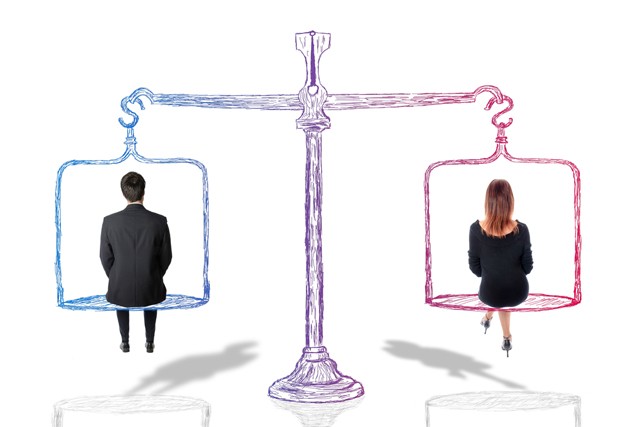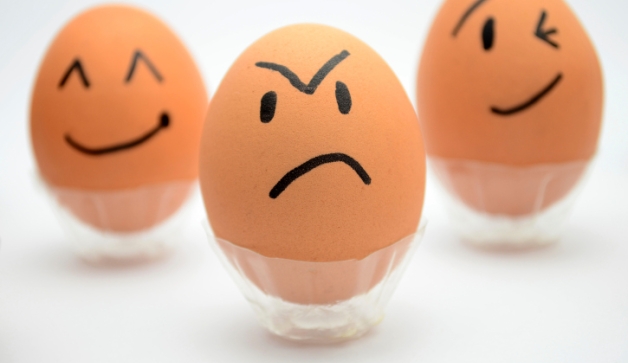
Myths About Psychological Help
I am Nandini Singh, a 26 year-old journalist. My husband Vikram, an chartered accountant has been diagnosed with depression by our family physician. He has advised us to consult a psychiatrist. I am very scared of doing so because of the rumours I have heard about taking psychological help. Could you help in clarifying the nature of psychological help?
Firstly, it is necessary for you to clear up the myths surrounding psychological help. The first myth is that these every psychiatrist will give electric shocks for every disorder. There is often a very graphic image of what an electric shock is in the mind of every person because of the vivid description that is given in movies, television serials and by proponents of sensationalist issues who do it to draw attention. Today, the usage of electric shocks is limited to a few disorders and that too in severe cases only. Also, the electric shocks are extremely safe, no risk of death as compared to any other operative procedure and a very fast and effective procedure. It is also very cost effective. All that you have heard about electric shocks making a person turn into a clod who is acting and behaving more like a sedated ape is false.
The second myth is about the medications. There is a rumour that all psychiatrists give sleeping pills. The first thing that most patients tell their psychiatrist at the time of the prescription of medicines is that they do not want a sleeping tablet. It is unfortunate that sedation is a side effect of many psychotropic medications. So, even though the doctor is not prescribing a sedative, sleep is a side-effect. However, this phenomenon has been exaggerated by many to propogate that all psychiatrists prescribe a sedative in order to keep the patient asleep. Another factor is that most patients have sleep problems as a part of their depression. It is very important for the patient to experience a good sleep so that he can feel fresh the next day. It is often the accompanying relative who objects to the patient’s sleep. The sleep problem generally normalizes in 2-3 days and then there is no day time drowsiness and a good night time sleep which is needed.

The second myth about the medications is that they are addictive. This myth has many people consulting psychiatrists but not follow-up at the medication level or insist on just counseling or psychotherapy. There is an element of biological upset in depression or most of the psychiatric disorder and they require medications, at least in the initial phase if not in later ones. The fear is that the patient will not be able to give up the medications later when he is better. But if one thinks logically, why would one take medications even after one is better. If at all, it can bring to the fore the addictive desires of the person. Also, under the supervision of a good doctor, it is possible to decrease and stop the medications. This myth is compounded by the fact that it often takes longer for the medications to act and they have to be continued for about 6-12 months after the patient is better. This is to ensure that the neurochemical defects have been corrected adequately. People are eager to stop medications earlier and therefore they have a relapse. They blame this on inadequate treatment.

Linked to this is one more myth about addiction to the psychiatrist. This does have an element of truth because psychiatrist are trained to act neutrally and non-judgmentally, give a sympathetic ear to the patient’s suffering and not berate him for his problems like the society does. So a patient is likely to want to talk more to his doctor. This is not an addiction. The last myth is about the expense of the treatment and its usefulness. There can be no substitute for any kind of medical treatment if the disorder truly exists. With the passage of time, the symptoms will always worsen and become resistant to change and hence there is prolonged treatment needed, sometimes irreversible changes can take place. So, the cost of treatment is justified. It may appear that the treatment takes about 1 year unlike other medical illnesses like malaria and typhoid. However, this is only due to our prejudices about psychiatric illnesses and not wanting to understand them and giving them the justified due in our social life.



